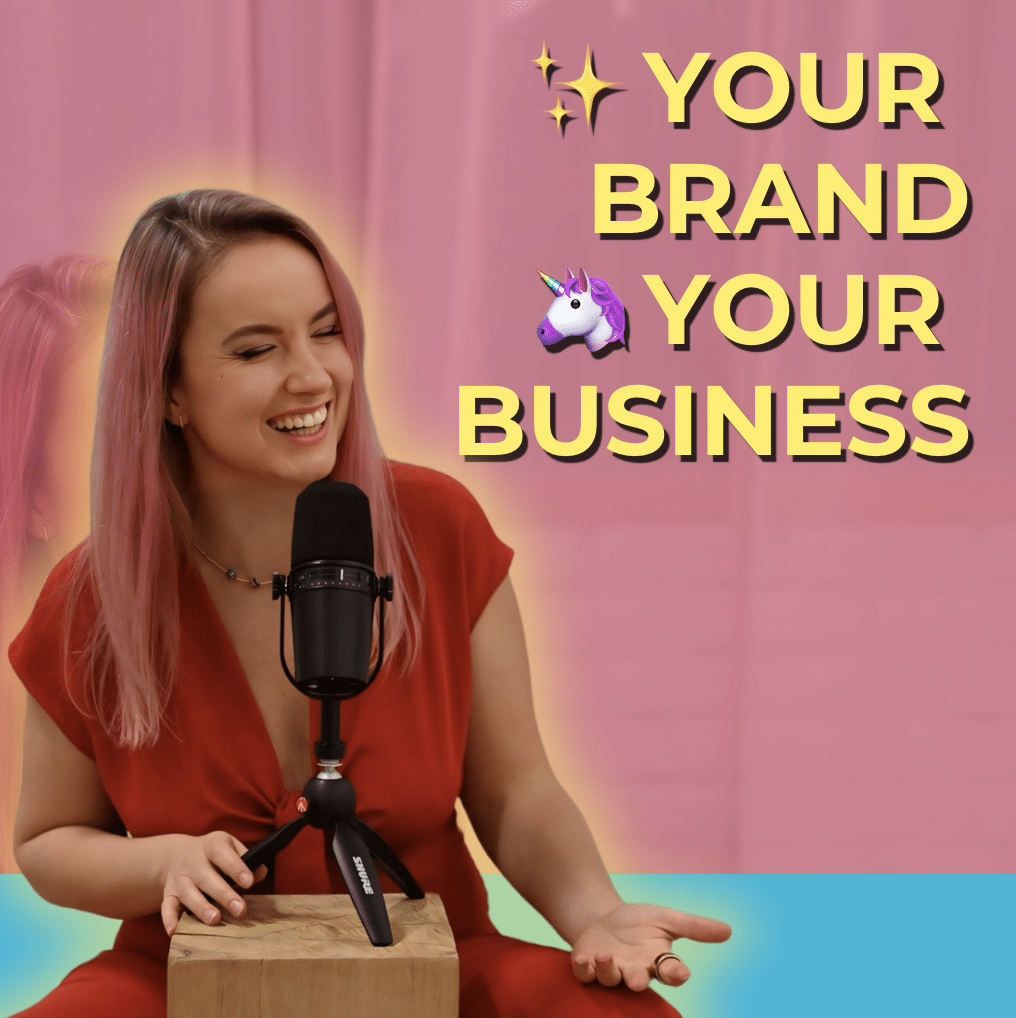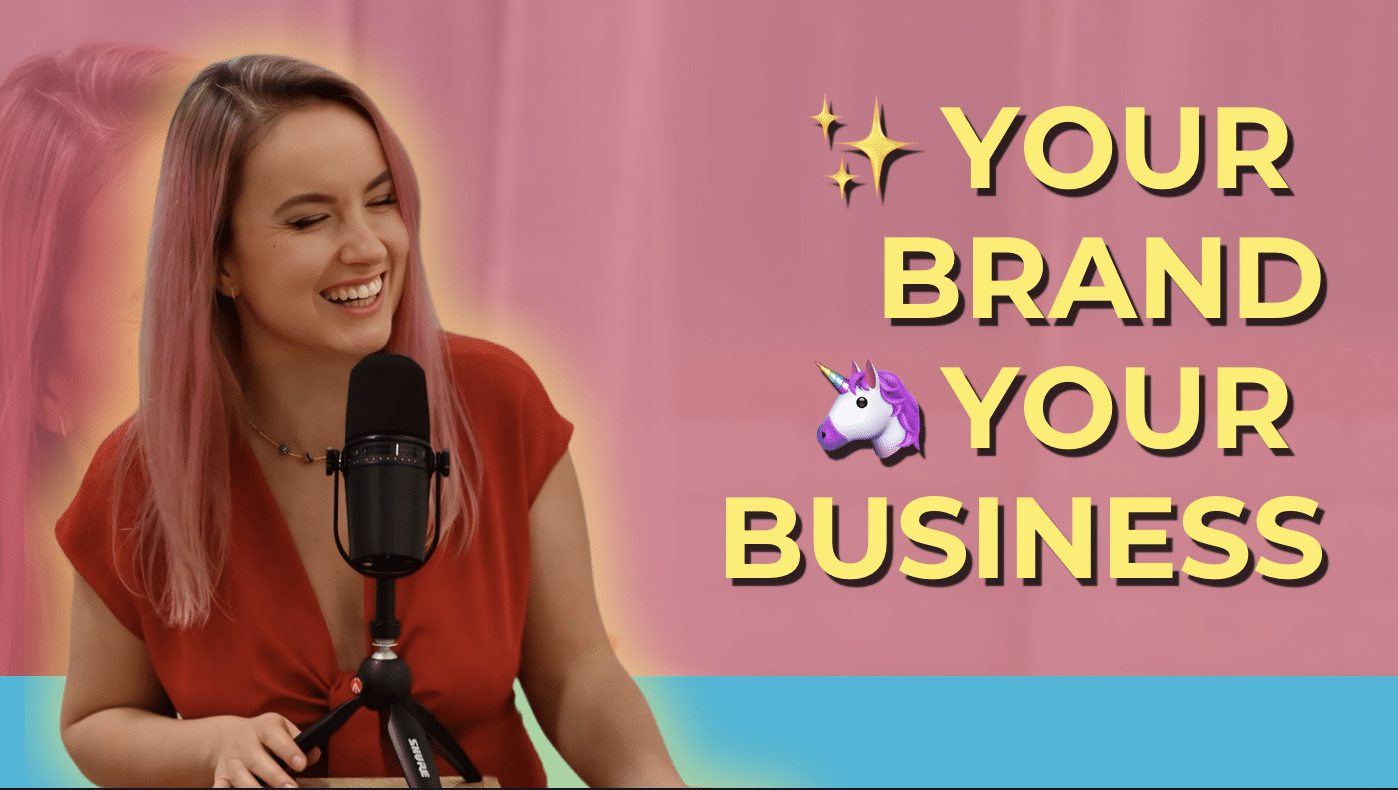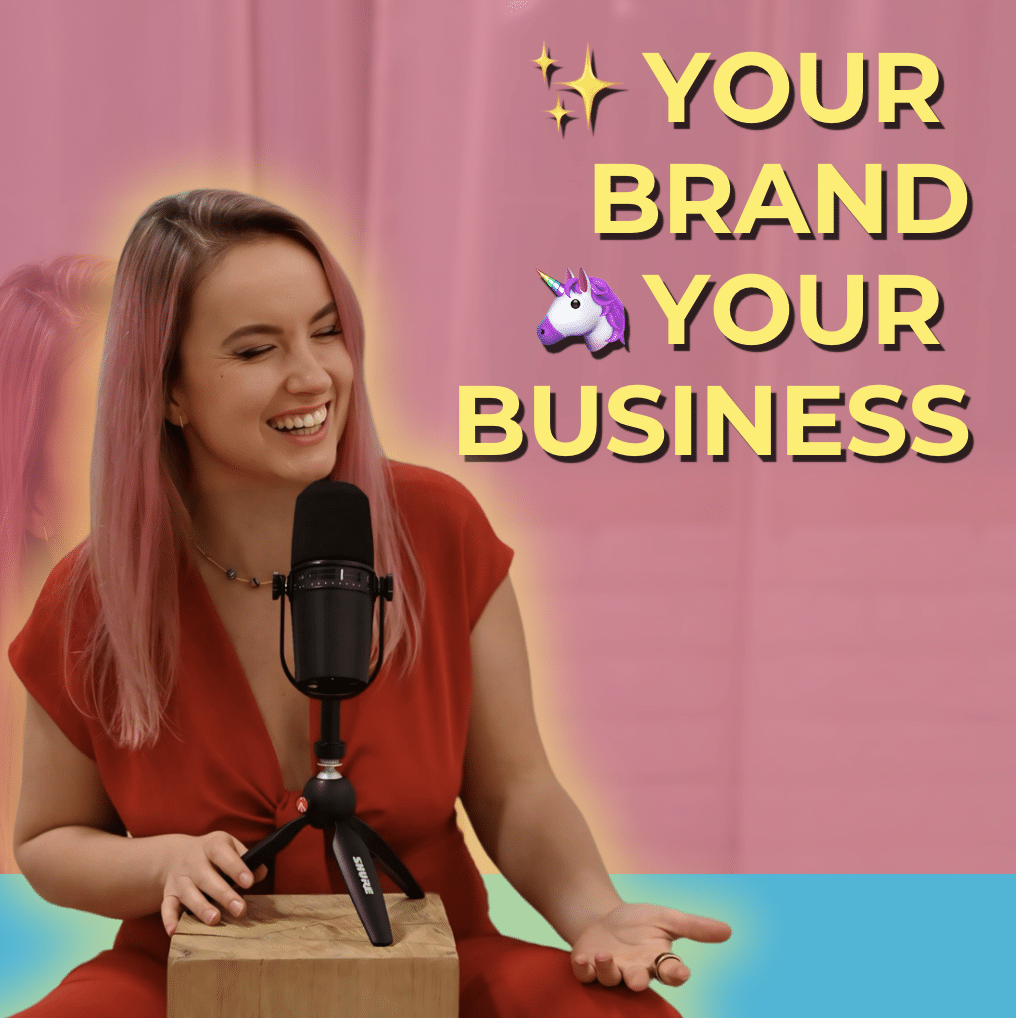Struggling to grow your presence online? Want to leverage LinkedIn to build your brand, attract opportunities, and generate passive income? Visibility isn’t just about showing up, it’s about showing up with impact.
In this episode of Your Brand, Your Business, we sit down with Mildred Talabi, a LinkedIn Influencer, Visibility & Personal Branding Coach, to uncover how women leaders and entrepreneurs can use LinkedIn to increase their influence, income, and impact. With over 50,000 LinkedIn followers, Mildred has helped countless professionals optimize their LinkedIn profiles, establish authority, and unlock new streams of online income.
What You’ll Learn:
✅ Why visibility is essential for career and business growth
✅ How to optimize your LinkedIn profile to attract the right audience
✅ The key strategies top LinkedIn influencers use to stand out
✅ How visibility can open doors to speaking gigs, partnerships, and passive income
✅ The mindset shift you need to confidently show up online
If you’re ready to start being visible and build a brand that gets noticed, this episode is for you.
🎧 Tune in now and take the first step toward LinkedIn success!
For any questions or inquiries regarding this video, please reach out to [email protected] or visit our website https://marieolivie.com/
👉 Instagram – https://www.instagram.com/marieolivie_/
👉 LinkedIn – https://www.linkedin.com/in/marie-zamecnikova/
👉 Facebook – https://www.facebook.com/cicibuu?mibextid=LQQJ4d
👉 Community- https://whatsapp.com/channel/0029Vb6Tl1j2kNFoMZFnN83t
Transcript;
00:00:00
Start being invisible. It’s super important that you take charge of building your personal brand, even as an employee. Your personal brand can unlock opportunities for you in ways that your current job probably can’t do. All right, so hello and welcome to Your Brand, Your Business, the show where we dive into stories and strategies behind building a successful and profitable brand. I am Marie, your host of this podcast, and I am also an entrepreneur and brand strategist. Today, I am really excited to introduce you to our guest, Mildred Talabi, who will be sharing her expertise on how to start being visible, and I am super excited for this. Mildred, thank you so much for joining us, and can you please tell us more about yourself, who you are, and what is it that you do?
00:00:56
Sure, thank you. Thank you so much for inviting me to your show, Marie. I’m really looking forward to our conversation. So, what do I do? Wow, where do we start? But I think I’ll give you the short version: I started my career as a journalist, and then I transitioned from the media into communications, which is what I do now as well, alongside running my own business. I’ve always had my own business alongside my career, and that evolved from things like helping. I ran a makeover business for about 12 years, helping mid-to-senior level professionals change careers through writing their CVs, or resumes, as it’s known in some places. And then after that, I kind of went from just doing CVs into doing LinkedIn profiles for people.








